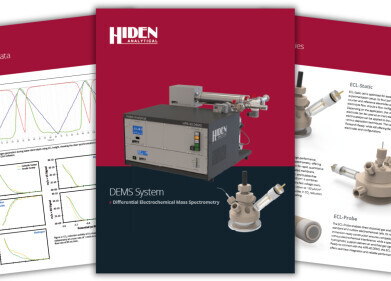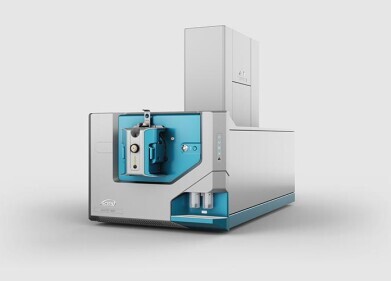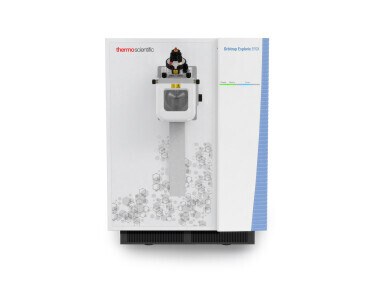Mass spectrometry & spectroscopy
Opioid Addiction and Narcolepsy - Where's the Link?
Jul 28 2018
The concept of "addictive personalities" takes on a new meaning this month, with a team of medical professionals asserting that opioid addictions could be linked to a brain chemical associated with narcolepsy.
Reported in the journal Science Translational Medicine, the findings reveal that after death the brains of opioid addicts contain around 50% more hypocretin-releasing nerve cells than their sober counterparts. Also known as orexin, hypocretin is a neuropeptide molecule that actively regulates wakefulness, appetite and arousal.
Reviving dormant neurons
After replicating the experiment with mice and confirming similar results, the team noted that the increase wasn't sparked by the creation of new nerve cells, but instead a revival of once-dormant neurons that ramp up hypocretin-producing capacity when triggered by opioids. The latest findings back a growing body of research suggesting that hypocretin neurons play a key role in fuelling opioid addictions and motivating compulsive behaviour.
"This long-lasting increase in hypocretin neurons may be responsible for maintaining addiction," reads the abstract.
Jerome Siegel, co-author of the study and neuroscientist at the University of California, Los Angeles comments that the drastic change in brain chemistry could help explain why opioid addictions are so hard to quash.
"It does suggest the possibility that part of the reason it’s so hard to get off drugs is there’s this massive change in the brain."
Narcotics and narcolepsy
Interestingly, hypocretin deficiencies are closely linked to narcolepsy, a chronic sleep disorder that interferes with the brain's ability to regulate its normal sleep-wake cycle and as a result causes extreme daytime fatigue. In the UK alone around 30,000 people suffer from the disorder, which sees the brain produce around 90% less hypocretin neurons. Meanwhile, while heroin addicts enjoy a 50% increase.
Siegel and his colleagues predict the findings could validate the use of prescription opioids as an effective treatment for narcolepsy. Tests already indicate positive results, with narcoleptic mice showing no signs of the disorder after receiving morphine injections.
"These findings suggest that opiate agonists may have a role in the treatment of narcolepsy, a disorder caused by hypocretin neuron loss, and that increased numbers of hypocretin-producing cells may play a role in maintaining opiate addiction," reads the abstract.
Want to know more about the latest pharmaceutical advancements? Adapted from a chapter of Robert Thomas’s Measuring Elemental Impurities in Pharmaceuticals: A Practical Guide, 'Choosing the Optimum Plasma Spectrochemistry Technique for Measuring Elemental Impurities in Pharmaceuticals' offers guidance on industry-leading plasma spectrochemistry techniques.
Digital Edition
Lab Asia Dec 2025
December 2025
Chromatography Articles- Cutting-edge sample preparation tools help laboratories to stay ahead of the curveMass Spectrometry & Spectroscopy Articles- Unlocking the complexity of metabolomics: Pushi...
View all digital editions
Events
Jan 21 2026 Tokyo, Japan
Jan 28 2026 Tokyo, Japan
Jan 29 2026 New Delhi, India
Feb 07 2026 Boston, MA, USA
Asia Pharma Expo/Asia Lab Expo
Feb 12 2026 Dhaka, Bangladesh



















